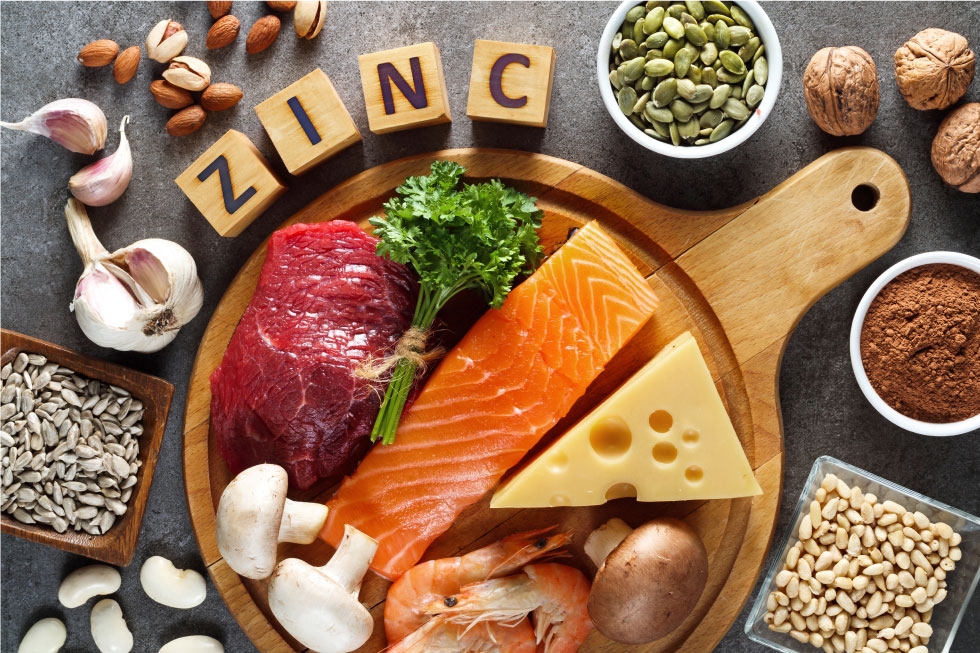
Back To School With Zinc
Zinc helps regulate the immune system and maintain integrity of the skin which is one of the first lines of defense against infection. So it truly is a powerful little nutrient that is found in very common foods, both animal and plant based sources. Let’s dive in a little more!
Is Zinc necessary for me?
Yes. Zinc is not stored in the body so it must be ingested through food or supplements daily. A few of those functions include aiding in proper growth and development, immune function, wound healing, DNA synthesis, enzymatic reactions, and smell and taste.
What is Zinc?
Zinc is a trace mineral naturally found in food and nature that has a variety of roles in the human body.
Where do I find Zinc?
Animal sources of zinc are more easily absorbed in the body, however plant sources can still provide many health benefits.
Can I be deficient in Zinc?
A zinc deficiency can affect the body in various ways. A few of those signs include impairment of physical growth and development, reduced ability to taste food, poor sense of smell, dry skin, slow wound healing and depression. People at higher risk of a zinc deficiency include those with Crohn’s disease, alcoholism, Chronic Kidney Disease, genetic mutations, and those with eating disorders. It is important to speak with your physician if you feel you may have a zinc deficiency. Our bodies do not store excess zinc, so it is important to consume it regularly.
What are some foods that are highest in Zinc?
Oysters, Crab, Beef, Chicken, Tofu, Pork, Pumpkin Seeds, Lentils, Lowfat Yogurt, Oatmeal
